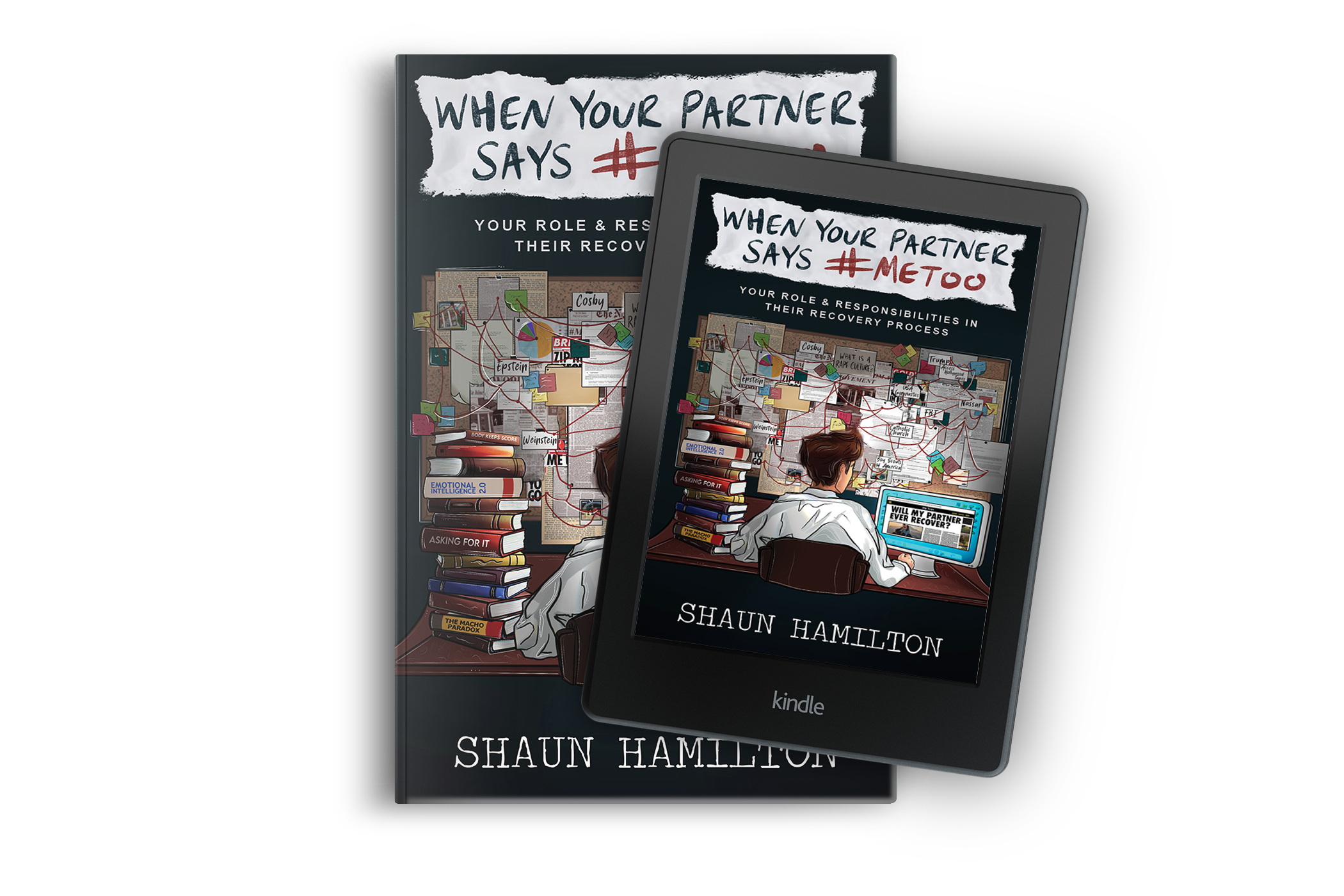When Your Partner Says #MeToo
The #MeToo movement has sparked an important conversation around sexual assault, harassment, and misconduct. It has given a voice to survivors and started a cultural shift towards greater accountability and awareness. But what happens when your partner says #MeToo? How do you navigate the difficult conversations that follow and support their healing?
In my new book, "When Your Partner Says #MeToo," I explore these questions and offer practical advice for individuals who find themselves in this situation. Here are some key takeaways from the book:
1. Believe Them
- If your partner shares their experience with you, it's essential to believe them. Don't question their story or try to rationalize the behavior of the perpetrator. This is a crucial step towards building trust and creating a safe space for your partner to open up.
2. Listen with Empathy:
- Listening is one of the most important things you can do for your partner. It's important to listen with empathy, without judgment or interruption. Let them share their feelings, fears, and concerns. Validate their emotions and let them know that they are not alone.
3. Take Care of Yourself
- Supporting your partner through their healing process can be emotionally draining. It's important to prioritize your own self-care, so you can be a source of strength and support for your partner. This may mean seeking therapy or support from friends and family.
4. Educate Yourself
- Educating yourself on the issue of sexual assault and misconduct is an important part of being a supportive partner. Learn about consent, boundaries, and how to be an ally to survivors. This will help you better understand your partner's experience and offer more informed support.
5. Communicate Openly
- Communication is key in any relationship, but it's especially important when dealing with difficult issues like sexual assault. Be open and honest with your partner about your feelings and concerns. Create a safe space for them to communicate their needs and boundaries.
Navigating the aftermath of sexual assault can be a challenging and emotional experience. But with the right tools and support, you and your partner can come out stronger and more resilient. It's time we start having these conversations and create a safer and more understanding world for everyone.

Get Your Copy Today!
The intended audience of Shaun's book, "When Your Partner Says #MeToo: Your Role and Responsibilities In Their Recovery Process," is individuals who are in a relationship with someone who has experienced sexual assault or abuse. This may include partners, spouses, family members, friends, or allies of survivors of sexual violence who want to provide meaningful support and care.
The book will also be of interest to professionals who work with survivors of sexual violence, such as therapists, counselors, advocates, or healthcare providers. They will benefit from gaining insights into the experiences and needs of partners of survivors and learning strategies to support them in their work.
Overall, the book is geared towards those who want to better understand how to support a survivor's recovery journey after experiencing sexual assault or abuse and learn how to be an effective ally in creating a culture of healing and justice.
